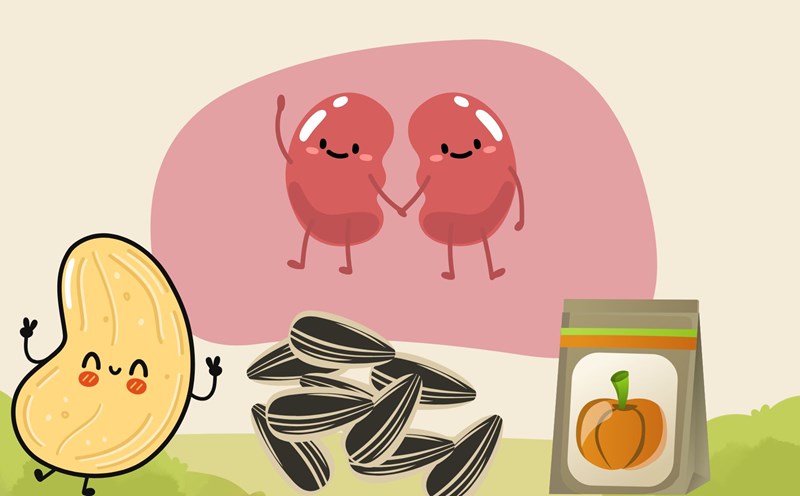Sweet potatoes
Sweet potatoes are a familiar food but are often overrated. This type of root is rich in potassium, fiber and vitamins, and has a lower glycemic index than rice and refined flour, thereby helping to stabilize blood sugar better. For those who are short of energy for a long time, sweet potatoes both supplement energy and provide potassium - a very necessary combination.
Sweet potatoes are also beneficial for the intestines thanks to their rich fiber content, which helps nourish beneficial bacteria and support electrolyte balance. Elderly people often have weak legs, lack potassium and constipation, sweet potatoes can improve all three problems. However, many people still only consider sweet potatoes as an alternative food, without realizing its significant potassium supplement value.
Seaweed
Seaweed is also a valuable source of potassium but is often overlooked. People often eat seaweed because of iodine, but in fact, it also contains many other minerals such as magnesium, calcium and iron. In particular, compared to bananas or sweet potatoes, seaweed is very low in calories, suitable for people who need to control their weight or blood sugar. Seaweed can be cooked in soups or combined with main dishes, both delicious and nutritious.
Spinach
Spinach is also rich in potassium, and also contains folic acid and antioxidants, which help improve blood circulation, useful for people who are tired or anemia. Many people only know that spinach supplements iron, but it actually also helps balance electrolytes and blood pressure. In the cold season, when blood vessels constrict more, spinach is even more beneficial for circulation. However, because it contains oxalic acid that can interfere with calcium absorption, spinach should be shed when cooked to reduce this effect.











